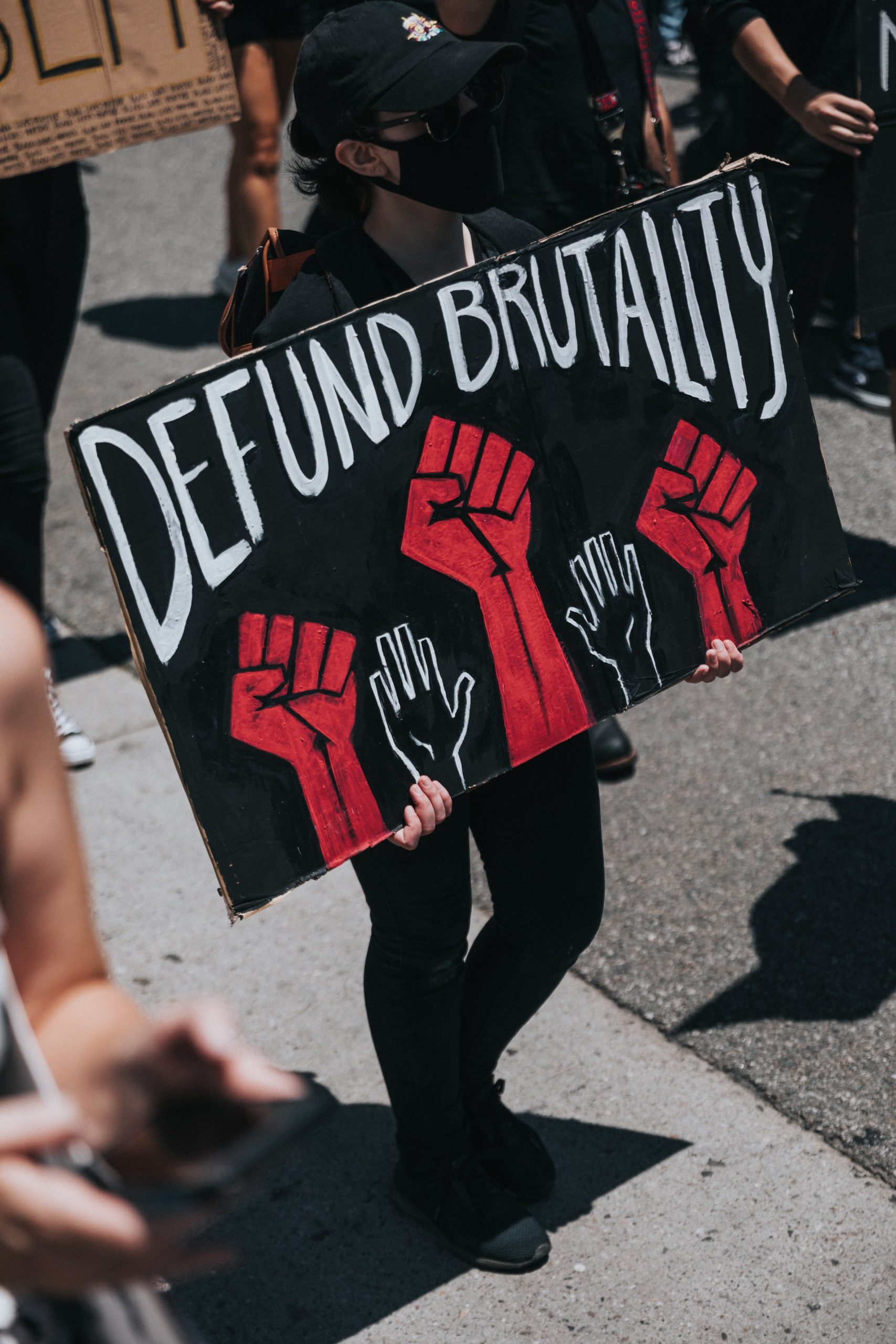
Comment Writer Katie Jellicoe discusses the ‘defund the police’ initiative, and argues that there is a need for a redistribution of funds to other areas of society, for example, youth centres
Amidst the growing awareness of police brutality and corruption in the justice system, we are becoming increasingly familiar with the statement ‘defund the police.’ Despite what you may think, this statement is a lot less radical than it may sound. This statement is calling us to reimagine what public safety could look like if we were to redistribute money and effort into social initiatives that tackle the root of crime, therefore working to prevent the need for increased policing. Defunding the police does not mean the abolishment of all policing, it means shifting the focus onto the investment of our communities instead. Despite increased funding over the last 30 years, with the total bill for the UK criminal justice system in 2018-19 amounting to £28.8bn, public safety has not improved. In the UK, we seem to spend far more money on policing than we do on vital areas of society such as primary education, social care, social housing, and the environment. In defunding this seemingly ineffective policing system, we can inject crucial funds into these areas in order to strengthen and support those in our society that are most vulnerable to criminalisation.
As a result of a lack of funding, more than 750 youth centers in the UK have closed since 2012. Consequently, the most vulnerable young people in our society have lost access to resources and mental health support that would potentially provide a haven away from criminal activity and dangerous home environments. Policing should not be a replacement for this care and enrichment. I believe young people should have access to support and intervention provided by social workers and professionals before they encounter the criminal justice system. Funding should go to preventative measures and institutions that bolster our social system, rather than those that perpetuate a cycle of crime and punishment. This cycle has been proven to be ineffective as almost half of incarcerated adults in England and Wales are reconvicted within a year of release.
Funding should go to preventative measures and institutions that bolster our social system, rather than those that perpetuate a cycle of crime and punishment
The police also arguably play a huge part in the continuation of systemic racism. Now, you may ask, why not just look towards police reforms to tackle this corruption rather than defunding? However, despite attempts at anti-racist reforms in recent years, black people are still grossly over-represented in prisons across the world. Black people only make up 3% of the UK population, yet up to 12% of adults and more than 20% of children in UK prisons are black. This problem of institutionalised racism is also extremely prominent in the US, in which prisons seem to be supporting a modern form of slavery. Under the 13th amendment that was passed in 1865, slavery became illegal, with the exception of it being used as a punishment for crime. Therefore, under this law, those convicted of a crime after 1865 could be picked up by private corporations and made to perform labour for little to no pay. This form of slave labour is seemingly perpetuated and normalised in prisons. Inmate Kevin Rashid Johnson at a maximum-security prison in Virginia wrote to The Guardian in August 2018 during mass protests in American prisons, describing the manual labour inmates are made to perform as ‘primitive’ and ‘modern slavery.’ Johnson added that he is often called racial slurs in prison and that anyone who refuses to take part in the manual labour is sent to solitary, something he knows from personal experience. The system cannot be reformed when it is built on racist structures, therefore the system should be changed altogether. I believe funding should instead go to transformative social initiatives that support black people and their public safety.
Despite attempts at anti-racist reforms in recent years, black people are still grossly over-represented in prisons across the world
One such initiative that, if funded, would be instrumental to societal growth and improvement for all, would be Melz Owusu’s plan for a Free Black University. This could create a safe space for black students to see themselves fully and wholly represented in an academic space, as black students are generally under-represented in undergraduate offers. Also, many universities are built on colonialism and have benefitted from funding from the slave trade. Owusu suggests that social change begins with ‘transformative education,’ and that this is needed to push the Black Lives Matter movement to a sustained and tangible reform in our society as a whole.
By allocating much needed funding to these pioneering initiatives dedicated to social change as well as providing sustained support to vulnerable people, instead of the seemingly ineffective and often damaging model of policing, we may finally see a kinder society for all.
_________________________________________________________________________
Like this story? See below for more from Comment:
The Legacy of the Tulsa Massacre
Could the Black Lives Matter Movement Ruin Trump’s Chances of Re-Election?
The History Behind Juneteenth and its Future
Comments